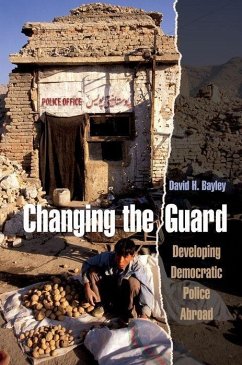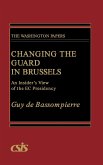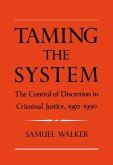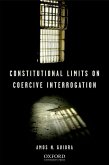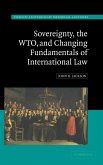Every day the American government, the United Nations, and other international institutions send people into non-English speaking, war-torn, and often minimally democratic countries struggling to cope with rising crime and disorder under a new regime. These assistance missions attempt to promote democratic law enforcement in devastated countries. But do these missions really facilitate the creation of effective policing? Renowned criminologist David H. Bayley here examines the prospects for the reform of police forces overseas as a means of encouraging the development of democratic governments. In doing so, he assesses obstacles for promoting democratic policing in a state-of-the-art review of all efforts to promote democratic reform since 1991. Changing the Guard offers an inside look at the achievements and limits of current American foreign assistance, outlining the nature and scope of the police assistance program and the agencies that provide it. Bayley concludes with recommendations for how police assistance could be improved in volatile countries across the world. This book is required reading as an instruction manual for building democratic policing overseas.
Hinweis: Dieser Artikel kann nur an eine deutsche Lieferadresse ausgeliefert werden.
Hinweis: Dieser Artikel kann nur an eine deutsche Lieferadresse ausgeliefert werden.

